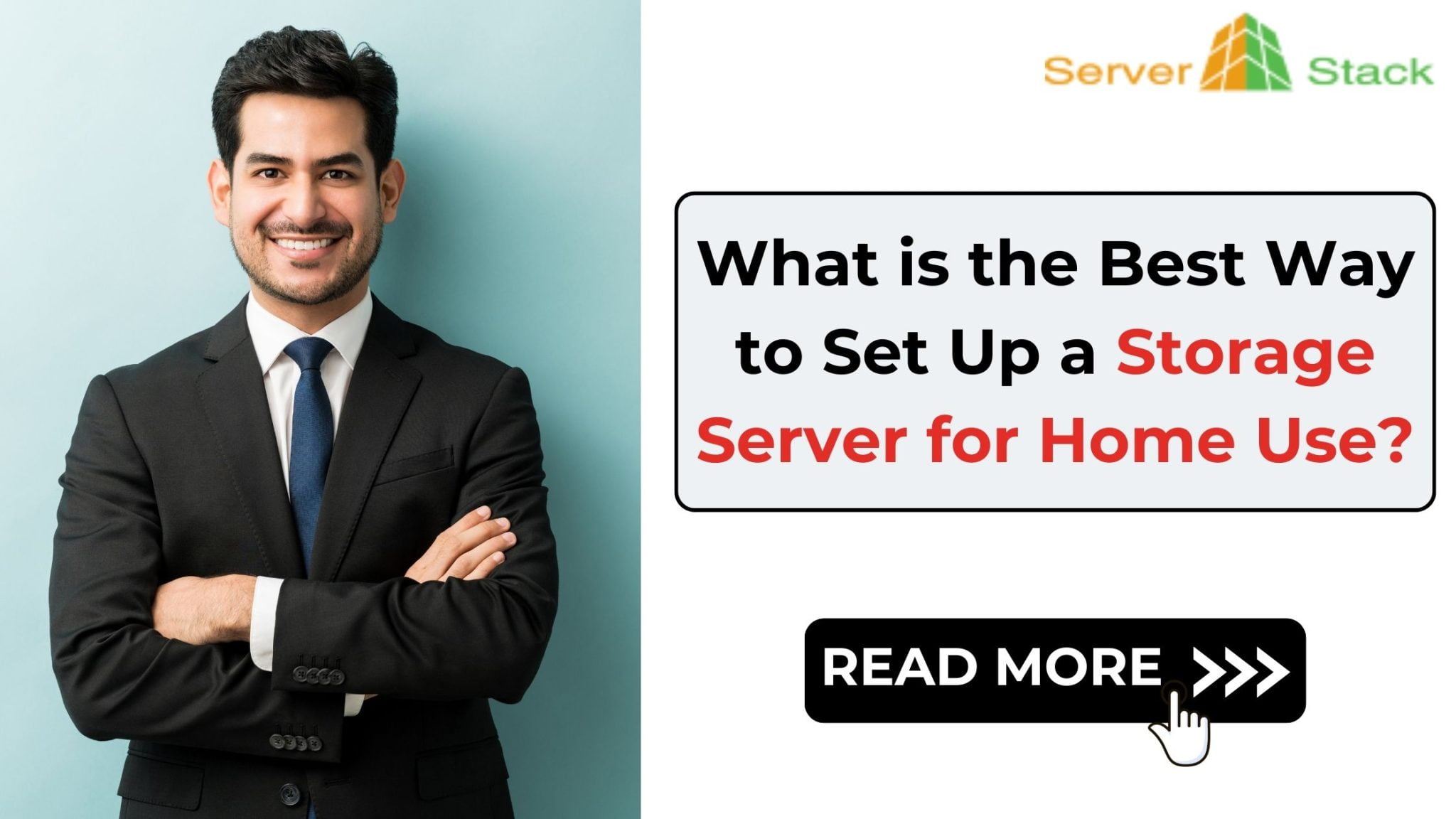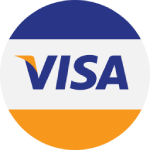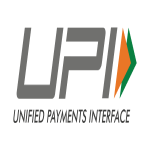Table of Contents
In the era of digital content, setting up a storage server at home is becoming increasingly essential. Whether it’s for personal data, media libraries, or work documents, having a centralized and reliable storage solution like a NAS storage server can significantly streamline how you manage digital files.
This article, of Serverstack will guide you through the best practices for setting up a NAS server system for home use, ensuring your data is both secure and easily accessible.
Understanding Your Storage Needs
The first step in setting up a home storage server is assessing your storage needs. This assessment will help you decide whether a simple NAS 1 TB server will suffice or if you need something more robust like a 100 TB storage server at best price in india. For most home users, a mid-range server, such as a NAS 100 TB, often provides a good balance between cost and capacity.
Contact us

Selecting the Right NAS Server
The market offers a wide range of NAS storage servers, from high storage servers designed for businesses to more compact solutions suitable for home use. When choosing the best NAS for home storage, consider factors like storage capacity, data transfer speed, user interface, and scalability. The best NAS server for home use is one that not only fits your current needs but also has the potential to grow with your future demands.
Ease of Setup and Use
A key factor in choosing a home server for storage is the ease of setup and use. Look for a NAS system that offers a straightforward setup process and a user-friendly interface. Many modern NAS systems, including best network attached storage for home use, come with intuitive software that makes managing your data a breeze.
Ensuring Data Security
Data security is paramount when setting up a NAS server system. Opt for NAS models that offer robust security features such as encryption, password protection, and regular firmware updates. Additionally, consider the best NAS for remote access if you need to securely access your data while away from home.

Balancing Performance and Cost
While you might be tempted to go for a 1000 TB server or a NAS 100 TB for future-proofing, it’s important to balance performance with cost. A more modest NAS 1 TB or NAS storage for home use might be more than sufficient for your current needs and is a more budget-friendly option.
Setting Up Your NAS Server
Once you have selected your NAS, setting it up involves connecting it to your home network, configuring the drives, and setting up user accounts. Modern NAS systems like best home data storage solutions often come with helpful guides to walk you through this process.
NAS Server Maintenance
Once you have selected your NAS, setting it up involves connecting it to your home network, configuring the drives, and setting up user accounts. Modern NAS systems like best home data storage solutions often come with helpful guides to walk you through this process.
Conclusion
Setting up a NAS storage server at home is an investment in your digital life. Whether you choose a best NAS server for home use or a more modest home server for storage, the key is to select a system that meets your current needs while offering the flexibility to grow with you.
Serverstack range of NAS solutions offers something for everyone, from the casual user to the data-heavy professional.
Frequently Asked Questions
Q1. What makes NAS servers better than traditional external hard drives?
NAS servers offer network connectivity, allowing multiple users and devices to access data simultaneously, unlike traditional hard drives which are limited to one device at a time.
Q2. How do I choose the right size for my NAS server?
Consider your current data usage and potential growth. A NAS 1 TB might be enough for basic storage needs, while a 1000 TB storage server is suited for extensive data storage.
Q3. Is setting up a NAS server complicated?
Modern NAS systems are designed for easy setup, with user-friendly interfaces and guided processes.
Q4. How important is data security with NAS servers?
Extremely important. Opt for NAS servers with strong security features like encryption and password protection.
Q5. Can I access my NAS server remotely?
Yes, many NAS servers offer remote access features, allowing you to access your data from anywhere.
Lorem ipsum dolor sit amet, consectetur adipiscing elit. Ut elit tellus, luctus nec ullamcorper mattis, pulvinar dapibus leo.







